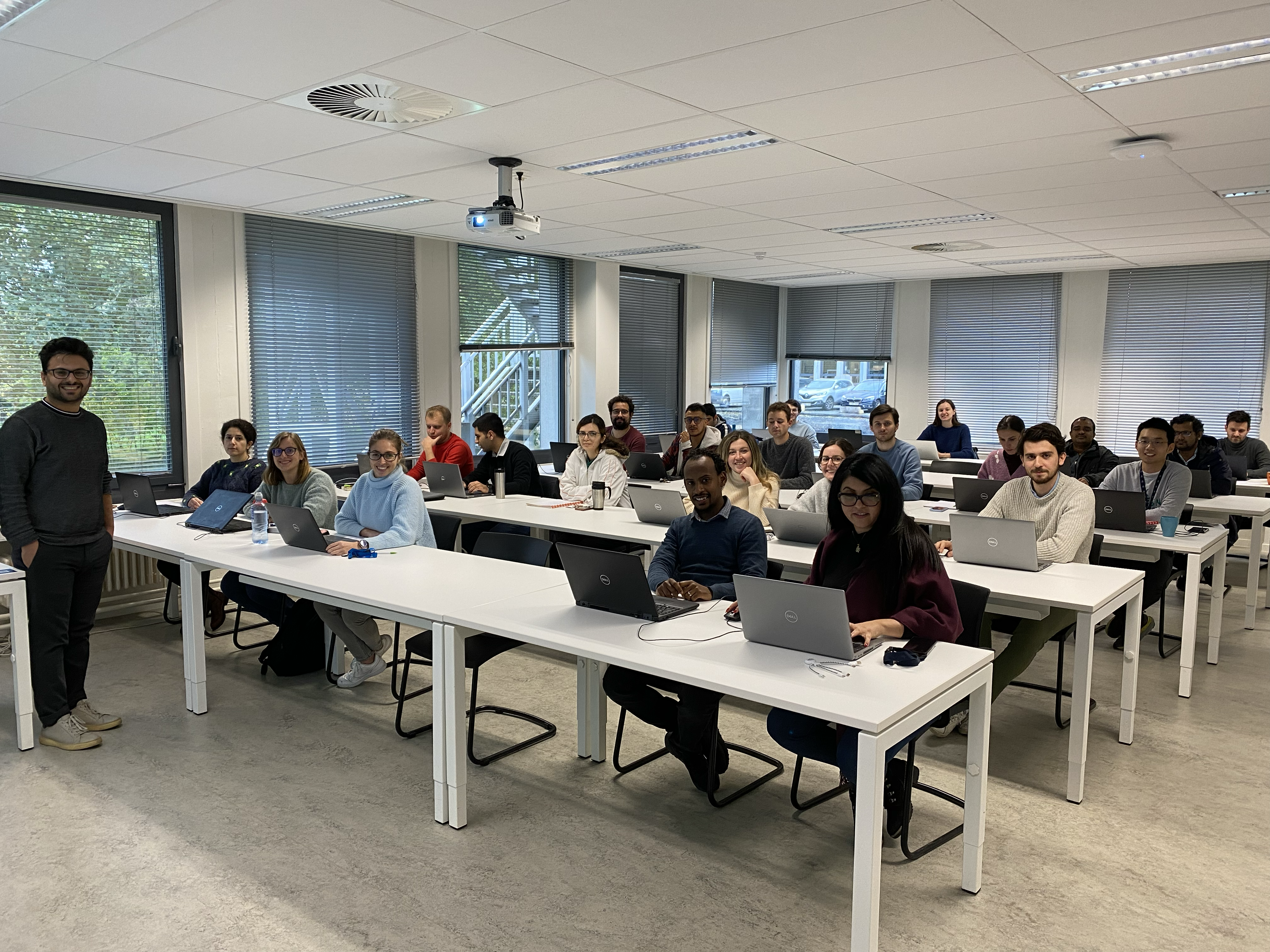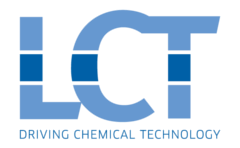Python for Chemical Reaction Engineering (PyCRE)
Description
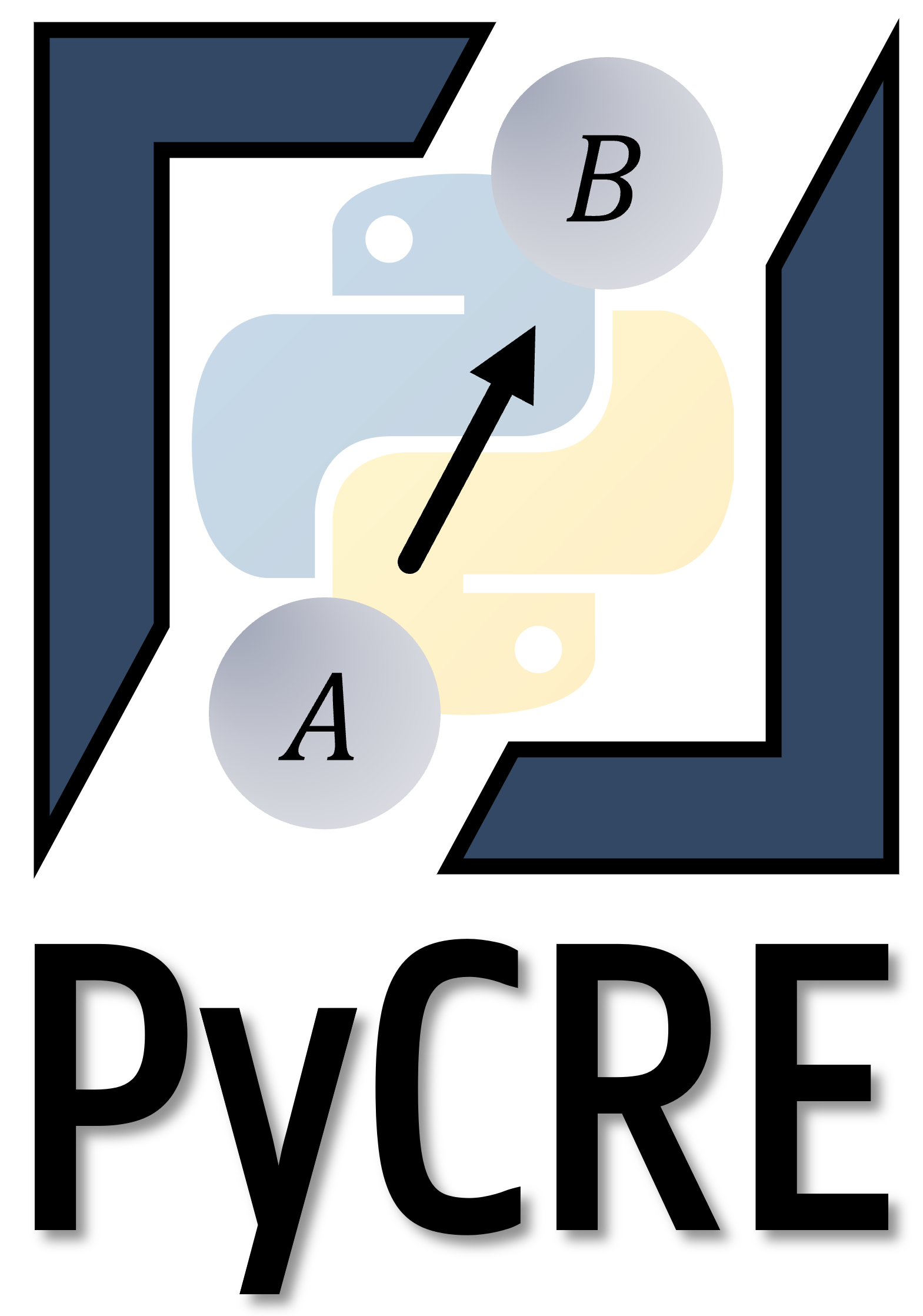 Do you want to focus on solving problems rather than on syntax? Learn Python programming, and you will! Python is a free and open-source programming language. It is a powerful, flexible, and user-friendly language that ranks among the world's fastest-growing languages. Python is one of the most popular programming languages among data scientists due to its robust packages such as Pandas, NumPy, SciPy, and Matplotlib. Python’s ever-evolving libraries make it an excellent tool for automating tasks in chemical reaction engineering too. The popularity and extensive features of Python have led us to organize an entire course entitled “Python for Chemical Reaction Engineering” (PyCRE). This specialist course aims to introduce chemical engineers to Python and demonstrate how the “Swiss Army Knife” of computer languages can automate tedious tasks.
Do you want to focus on solving problems rather than on syntax? Learn Python programming, and you will! Python is a free and open-source programming language. It is a powerful, flexible, and user-friendly language that ranks among the world's fastest-growing languages. Python is one of the most popular programming languages among data scientists due to its robust packages such as Pandas, NumPy, SciPy, and Matplotlib. Python’s ever-evolving libraries make it an excellent tool for automating tasks in chemical reaction engineering too. The popularity and extensive features of Python have led us to organize an entire course entitled “Python for Chemical Reaction Engineering” (PyCRE). This specialist course aims to introduce chemical engineers to Python and demonstrate how the “Swiss Army Knife” of computer languages can automate tedious tasks.
Syllabus
- Python installation
- Basics of Python
- Introduction to available packages for data analysis
- Conditionals and loops
- NumPy package: computation on NumPy arrays, indexing, slicing …
- Pandas package: data manipulation
- Plotting packages (Matplotlib, Seaborn): plotting various types of figures
- Cantera package: reactor simulations
- SciPy package: integration, differentiation, statistics, root finding, solving ODE system, regression, …
- Diffeqpy package: solving DAEs system
- RDKit package: reading molecules into a computer, visualizing them, …
- TensorFlow: Machine learning and data analysis
What you’ll learn
Participants should be able to:
- Write a script efficiently
- Import raw experimental data
- Perform basic calculations (e.g., outlet flow rates, conversion, selectivity, …)
- Plot various figures
- Perform matrix calculations
- Perform reactor simulations (CSTR, PFR, and batch reactor) and rate of production analysis
- Solve the system of non-linear equations for CSTR
- Solve the system of ordinary differential equations (ODEs) and algebraic differential equations (DAEs) for batch/plug flow reactor
- Optimize kinetic parameters for CSTR/batch/plug flow reactor(s) isothermally and non-isothermally
- Perform statistical tests (F_test, t_test, parameter correlation, residual figure, parity diagram, probability plot)
- Represent a molecule inside a computer
- Use and analyze data in the most efficient way with machine learning
At a glance
Course plan
You will find the content, date, instructor, and registration deadline for each session in the course plan.
Target audience
Chemical engineers who are at a beginner or intermediate level in Python programming.
Subject
Programming
Prerequisites
- No prior programming skills required (if followed from the beginning).
- Attendees need to ensure that they have set aside sufficient time for attempting the exercises.
Number of sessions and duration
- Basic level: 4 sessions in the course of 2 months
- Intermediate level: 8 sessions in the course of 5 months
Assignment
In-class and homework exercises
Number of seats
Limited
Time and Venue
- Monday 14h - 17h (in-person)
- Laboratory for Chemical Technology (LCT), Technologiepark-Zwijnaarde 125, B-9052 Gent
Course material
All the course materials are available on our GitHub address (click here).
Exam
No exam
Fee
LCT members
| Single session (1 session) | Free |
| Light package (5 sessions) | Free |
| Ultimate package (entire course) | Free |
UGent doctoral school members
| Single session (1 session) | €100 |
| Light package (5 sessions) | €325 (€65/session) - save 35% |
| Ultimate package (entire course) | €480 (€40/session) - save 60% |
Others
| Single session (1 session) | €100 |
| Light package (5 sessions) | €375 (€75/session) - save 25% |
| Ultimate package (entire course) | €600 (€50/session) - save 50% |
- The payment is possible through a bank transfer.
- The seat will be reserved for the participant from the moment the confirmation email is sent from PyCRE@UGent.be.
Registration and Cancellation
How to register?
Please register via this form.
How to cancel the registration?
Participants can only cancel their registration by sending an email to PyCRE@UGent.be. The cancellation policy is shown in the below table.
| When do you cancel your registration? | Refund % |
| more than 7 days before the start of the session and less than 14 days after receiving the confirmation email | 100 % |
| more than 7 days before the start of the session and more than 14 days after receiving the confirmation email | 75 % |
| less than 7 days before the start of the session (under any circumstances) | 0 % |
Cancellation by PyCRE team
The PyCRE team reserves the right to cancel or postpone the session(s) for any reason. The participants will be notified by email from PyCRE@UGent.be.
- In case of cancellation, the participants will get a full refund for that session.
- In case of postponement, each participant will be given a choice to either transfer the registration to the new date or cancel with a full refund for that session.
Instructors

Reza Monjezi
PhD researcher

Maarten Dobbelaere
PhD researcher

Ruben Van de Vijver
Postdoctoral researcher
Contact
If you have any questions, please email us at PyCRE@UGent.be.
Sponsors
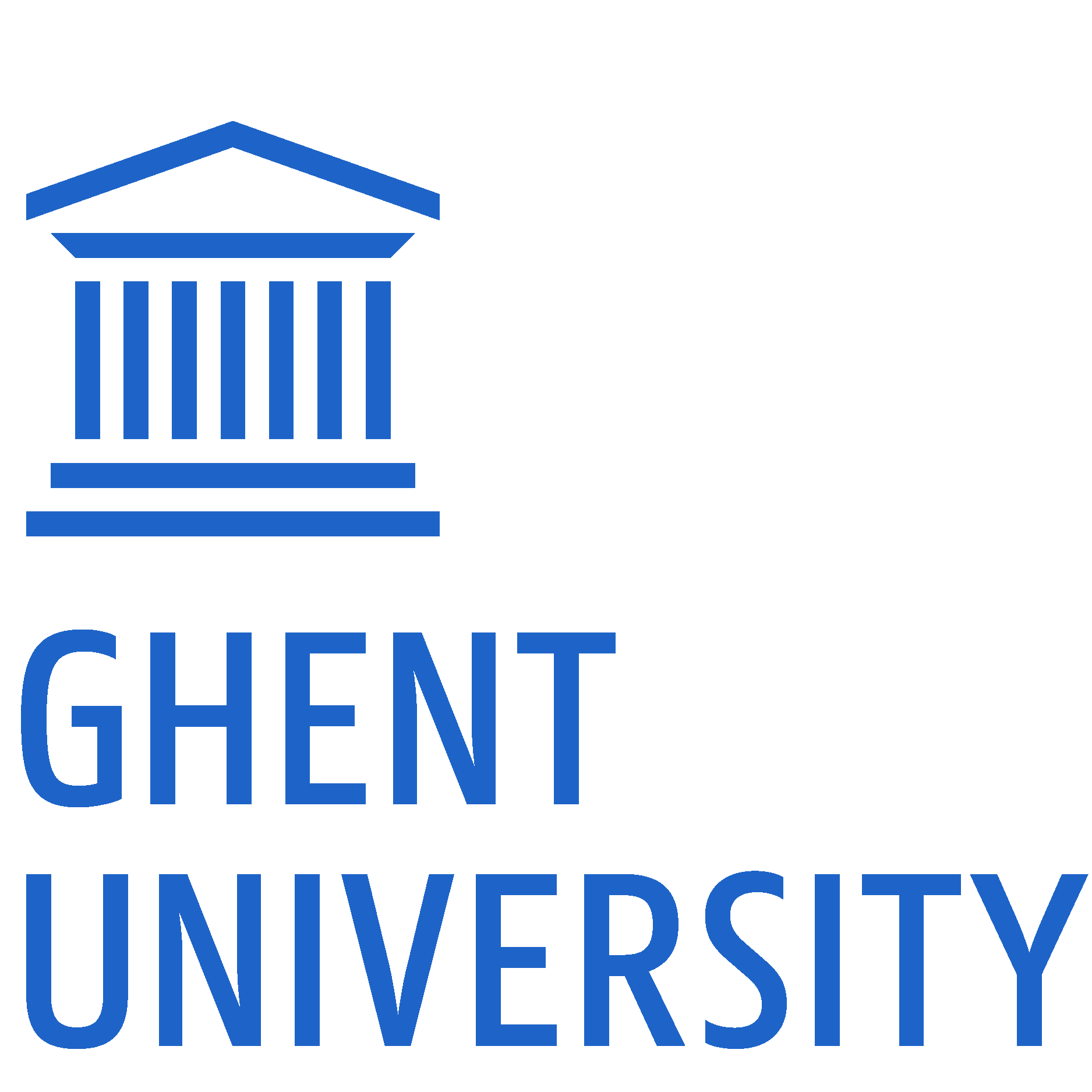
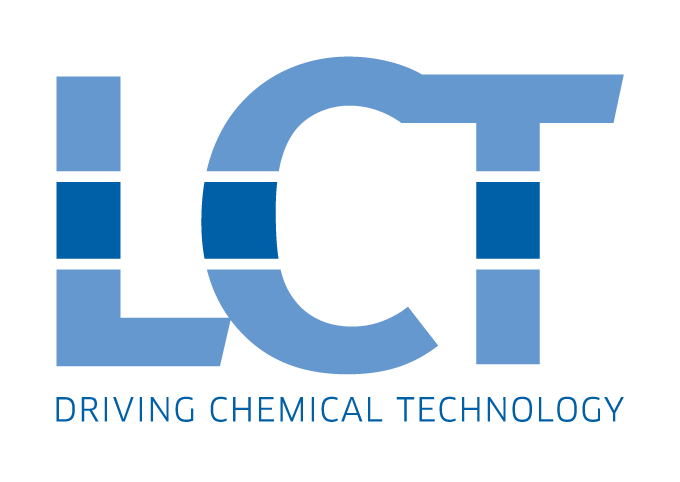
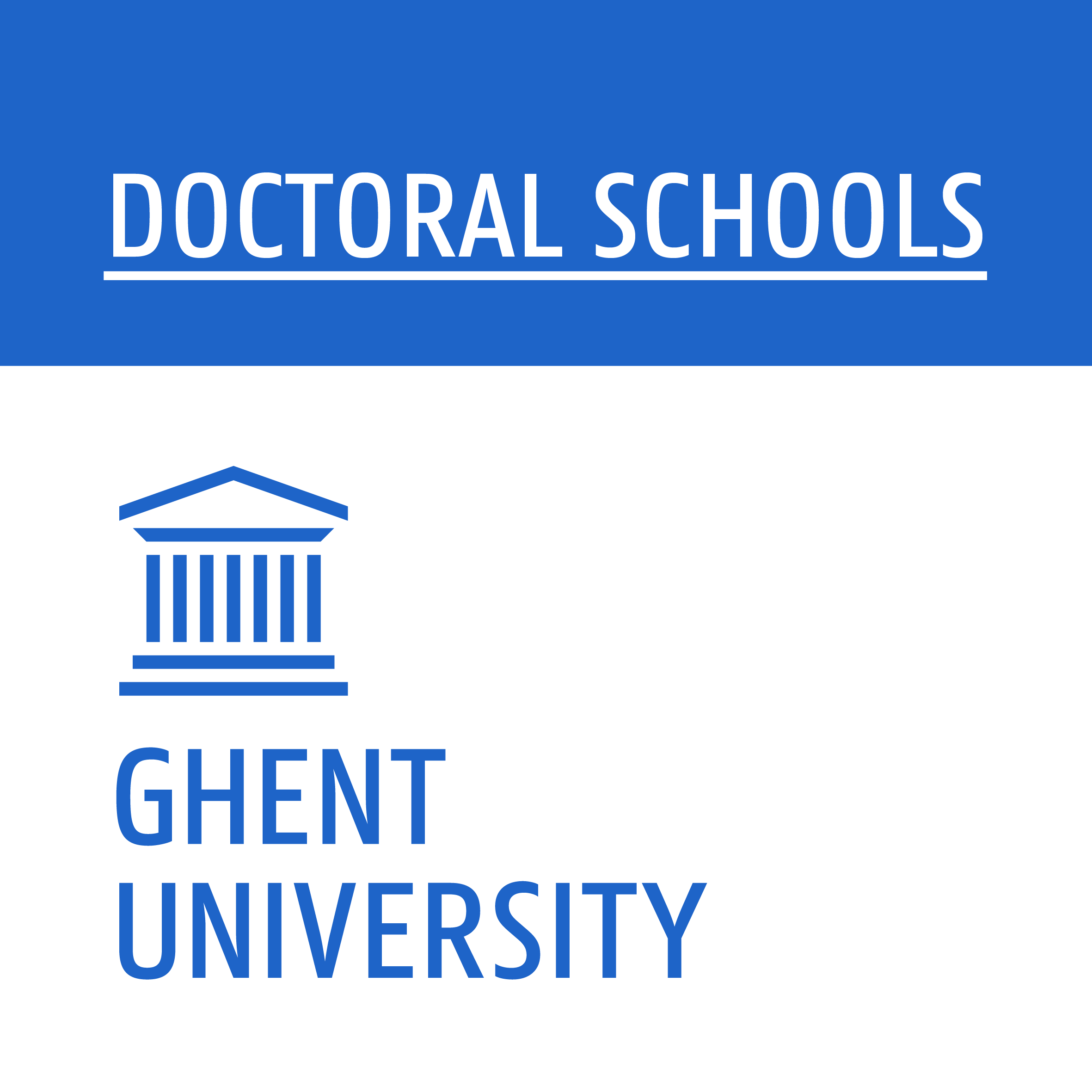
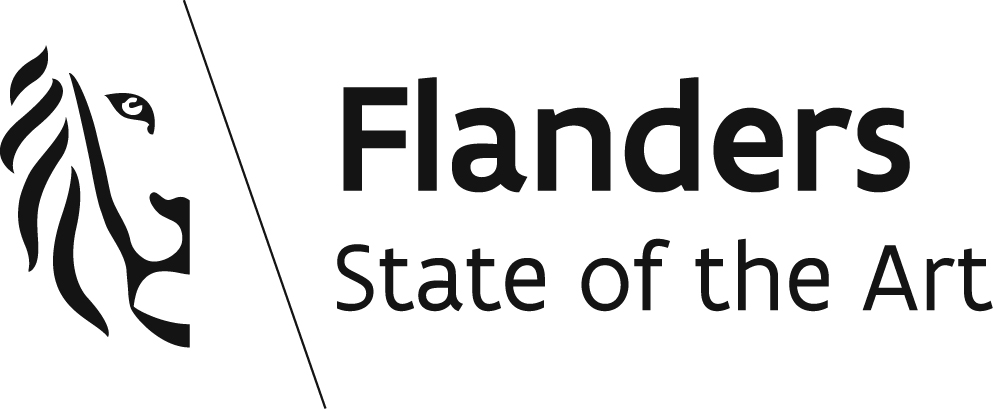
Picture
